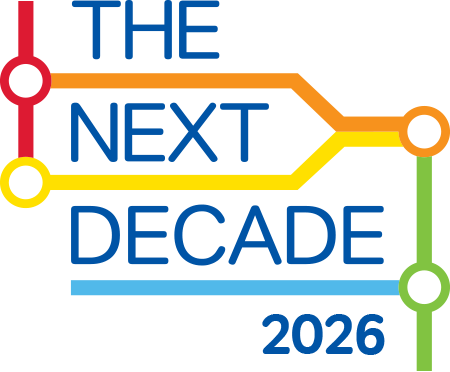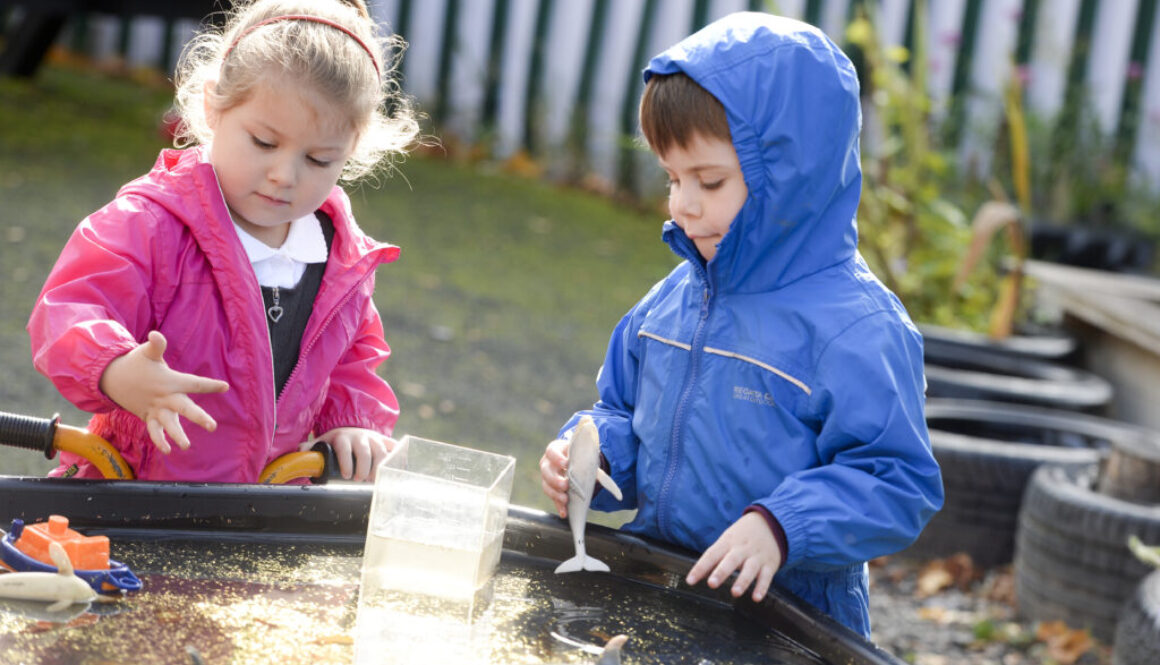Bridging Home and School in the Early Years
By Katherine Heaton
‘Early Years’ is not only the foundation of children’s learning journeys but also of their parents/carers’ journey on how to support their child in the best way they can – academically, socially and emotionally. Working within the Early Years’ framework is your opportunity to influence that journey, fostering a solid home/school relationship, so that you can work together with parents in the best interests of the child.
As we all realise, each of the first experiences a parent has, is crucial (no pressure Early Years!) – from showcasing the school, to meeting the teacher, to home visits, to the handing over of a precious child into our care. Everything you do (some of which you do not even think about) starts that journey.
Following the barriers that Covid 19 restrictions put into place, we have cohorts of parents who have not had the chance to create these important links with school. Our job is to re-evaluate how we begin those links and reignite processes which were just part of school life pre-covid.
The purpose of this blog is to bring all that you know to the forefront of your minds. There has been, and still is, exemplar practise in our academy around ensuring that the home/school links are strong in Early Years and beyond. Below are some of my key thoughts which may reassure you, or make you revisit how we establish the home/school link in Early Years.
Parental Engagement
It is always good to know that what you are doing is backed by research!
“Parents being engaged with their children’s learning in the form of ‘at home good parenting’ has a significant positive effect on children’s achievement and adjustment even after all other factors shaping attainment have been taken out of the equation.” (Desforges, C., Abouchaar A., 2003)
“Parental engagement in early years education is consistently associated with children’s subsequent academic success. On average, parental engagement programmes evaluated to date have led to a positive impact of approximately four additional months’ progress over the course of a year.”(EEF)
Communication and Relationships
As you will all be well aware, communication and relationships are key! What can you do to improve communication?
It is helpful to review and reflect on what is already in place and then to decide if something needs to be changed or new ways of working introduced. You need to identify what forms of communication are working well and then establish what can be changed according to priorities in the setting.
For example: parents engaging in children’s learning, parents as volunteers, ensuring communication methods are inclusive and accessible for all children and families.
Active involvement in learning
Actively involving parents/ carers in supporting their children’s learning and development is a very successful way to achieve strong links. Be clear what you want to achieve – for the parents – for the child. An outcome example for the child might be: improve phonics understanding.
Ideas are: Stay and Play, creative arts sessions, fun ways to engage, Christmas craft, have parents / carers in for sessions to watch and learn alongside, parent workshops.
Do check your local authority as they can have a lot to offer on active engagement.
Key principles and values that underpin effective engagement with parents.
Parents respond well to confident, well-informed practitioners, and need to feel that:
• They are not being judged or compared to others
• What they already do with their child is valued
• Their views are listened to (Gathering parental views
You said “ …..” We did “ …”
• They are treated as individuals, with unique circumstances
• Their knowledge of their child is respected and valued
• They know most about their own lives and the lives of their children
Technology’s Big Part to Play
We are very much in a digital world now in the Early Years the majority of settings use some form of online communication to record and share children learning. How can we move forward further with this? Are we using the best platforms that suit our early years parents? Is technology doing what we need it to?
In summary, take time to reflect your own practise the home school bridge is not always
easy but is always worth it. What is next for you and your setting?


